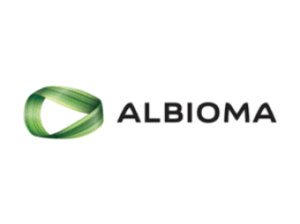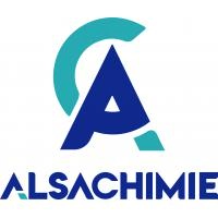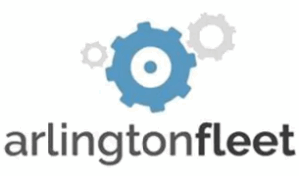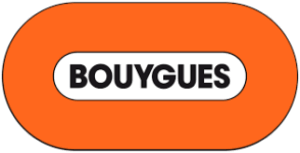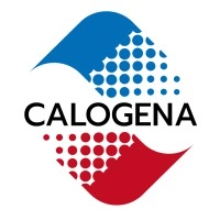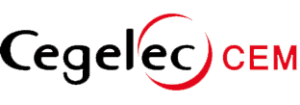Seres Technologies
CSR and Eco-design
Against a backdrop of climate, social and regulatory change, Corporate Social Responsibility (CSR) has become a strategic priority. Companies must reconcile economic performance, health-safety and well-being at work, the safety of infrastructure and respect for the environment.
Eco-design also represents a major lever. By incorporating eco-design principles into their practices, manufacturers are actively contributing towards ecological transformation by enhancing their corporate image and social commitment. Seres Technologies supports these players by providing solutions targeting the specific challenges they face.
The expertise of Seres Technologies in CSR and Eco-design
In the realm of Corporate and Environmental Responsibility, Seres Technologies offers support with various tasks:
- CSR diagnosis, Ecological Transition: identifying industry best practices and areas for improvement in line with benchmarks based on ISO 26000
- Identification of the challenges related to a CSR approach following a materiality matrix involving your internal and even external stakeholders in a participative manner
- Support with the actions to deploy as part of a CSR action plan:
- Decarbonisation strategy
- Life cycle analysis
- Environmental analysis according to ISO 14001
- Skills needs identification
- Implementation of performance indicators
- Preparation for CSR certification according to a benchmark framework chosen by the company
- “Dry-run” evaluation according to a benchmark framework chosen by the company.
Seres Technologies’ qualifications in terms of CSR
Seres Technologies benefits from the experience and expertise of qualified consultants:
- ICA Environmental certification
- ICA OSR (organisational social responsibility) certification
- OPCO 2i ranking for supporting companies in Ecological Transition diagnostics.
Seres Technologies conducts operations following a certified approach in accordance with Standard ISO 9001 and is internally developing a CSR approach recognised by ECOVADIS Silver labelling, respecting the environment as part of ISO 14001 certification.
Expert Opinion
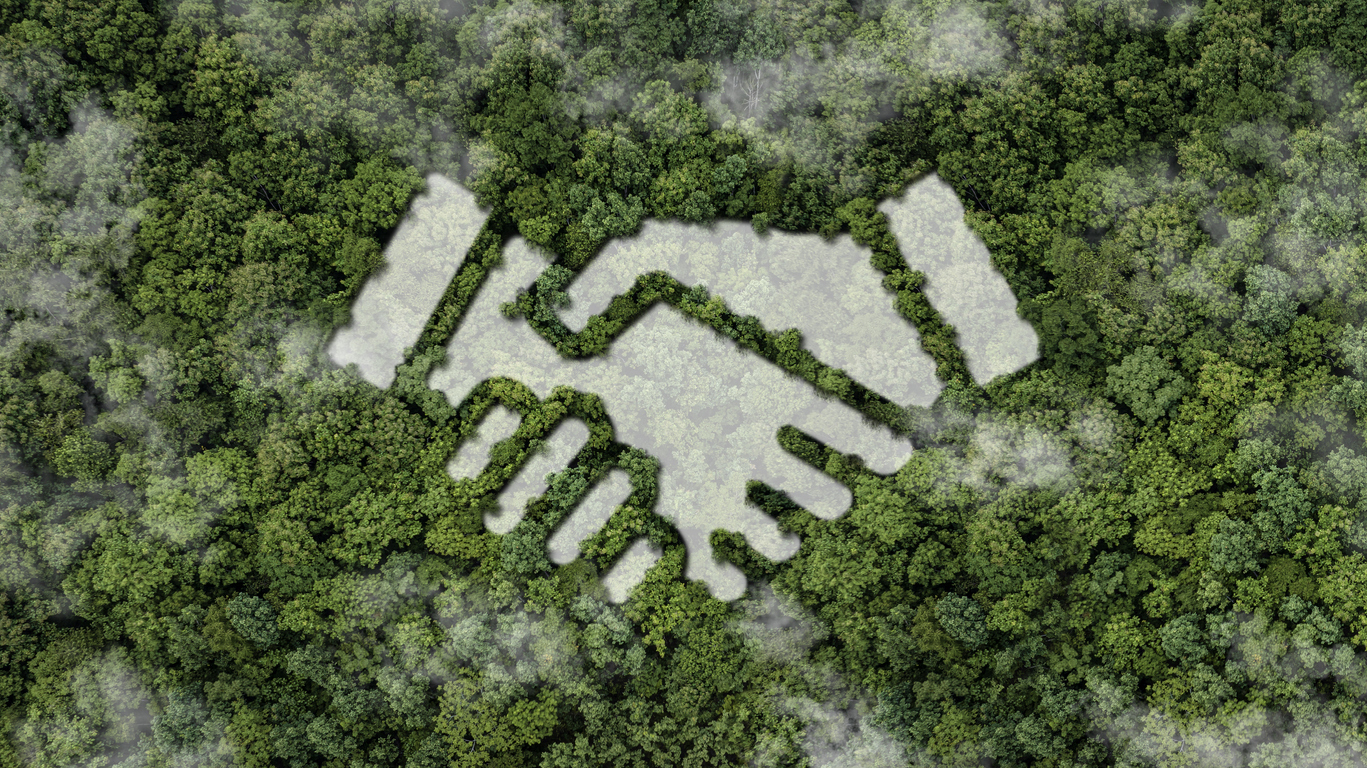
The expertise of Seres Technologies in CSR and Eco-design
In the realm of Eco-design, Seres Technologies supports you in various tasks:
- Life cycle Analysis (LCA)
Quantification of multi-criteria environmental impacts and carbon footprint
Compiling of Environmental Product Declarations (EPDs)
Support with eco-design - Smoke-Fire Studies in the railway field
Study of systems combustibility
Expression of test needs and test types - Recyclability and Recoverability Calculations
Study of the recyclability of systems materials - Greenhouse Gas Emissions Balance Sheet (BEGES)
Study of the GHGs related to your activities
Study of the GHGs related to your products (e-fuels, retrofit systems, etc.) - Help with the assembly of financing dossiers for eco-design.
The regulatory standards and norms that Seres Technologies applies in CSR and Eco-design
ACV / Eco-design:
- ISO 14040, 14044: Life cycle analysis
- Series ISO 14020: Environmental Declarations
- ISO 14006: Incorporation of environmental aspects into product design
Carbon (BEGES and Carbon Footprint)
- ISO 14064: Greenhouse Gas
- ISO 14067: Greenhouse Gas – Carbon footprint of products – Requirements and guidelines for quantification
- ISO/TS 19870: Calculation methodology for greenhouse gas emissions in the Hydrogen sector
Recyclability
- ISO 22628: Calculation of recyclability and recoverability of road vehicles
- UNI-LCA-001: Calculation of recyclability and recoverability for railway rolling stock.
Expert Opinion


Do you have a project?
Our teams are here to listen, address your needs, and support you from design through to completion.
Unlock your potential at Seres Technologies
Joining Seres Technologies means you’ll be joining an international company that operates on a human scale, where a positive, collaborative-focused culture fosters a stimulating working environment. Thanks to the diversity of our projects across a wide range of sectors, each employee has the opportunity to take on ambitious technological and human challenges, developing their skills and contributing to major innovations.
Join our team

Would you like to join our team ? Please send us your resume :
FAQs
Why is CSR a strategic lever for manufacturing companies?
An effective CSR policy allows companies to reduce their environmental footprint, optimise energy costs, address the well-being of their employees and improve their corporate appeal and image as well as anticipate future regulations, in so doing ensuring better resilience and competitiveness in the long term.
How does incorporating life cycle analysis in a company’s CSR approach allow it to more efficiently evaluate and reduce the company’s social and environmental impact?
The incorporation of Life Cycle Analysis (LCA) into the Corporate Social Responsibility (CSR) framework offers several significant benefits for assessing and reducing the environmental and social impact of business activities:
- Full impact assessment: LCAs allow us to analyse the social and environmental impacts of a product or service throughout its life cycle, from the extraction of raw materials to its end of life
- Identification of opportunities for improvement and implementation of eco-design strategies
- Support with decision-making according to a standardised norm
- Enhanced transparency and communication with stakeholders.
Why engage in a CSR initiative, related to Ecological Transition?
The optimisation of industrial processes, the use of clean technologies and the adoption of stringent environmental standards make it possible to reconcile productivity and sustainable development, while ensuring the regulatory compliance, safety and longevity of facilities. Adopting a Carbon Trajectory allows us to meet European targets and prepare for decarbonisation requirements.

